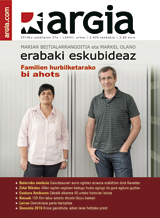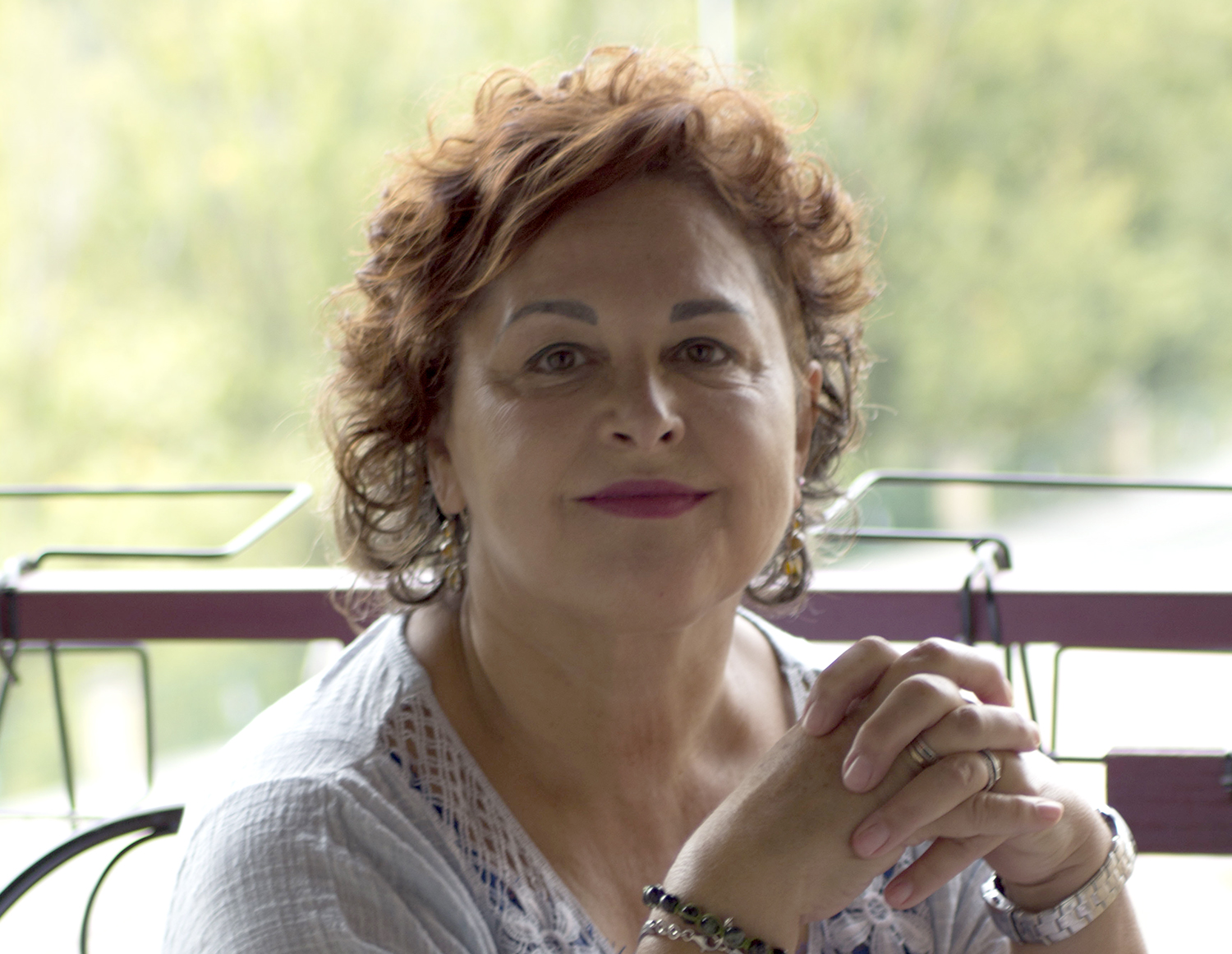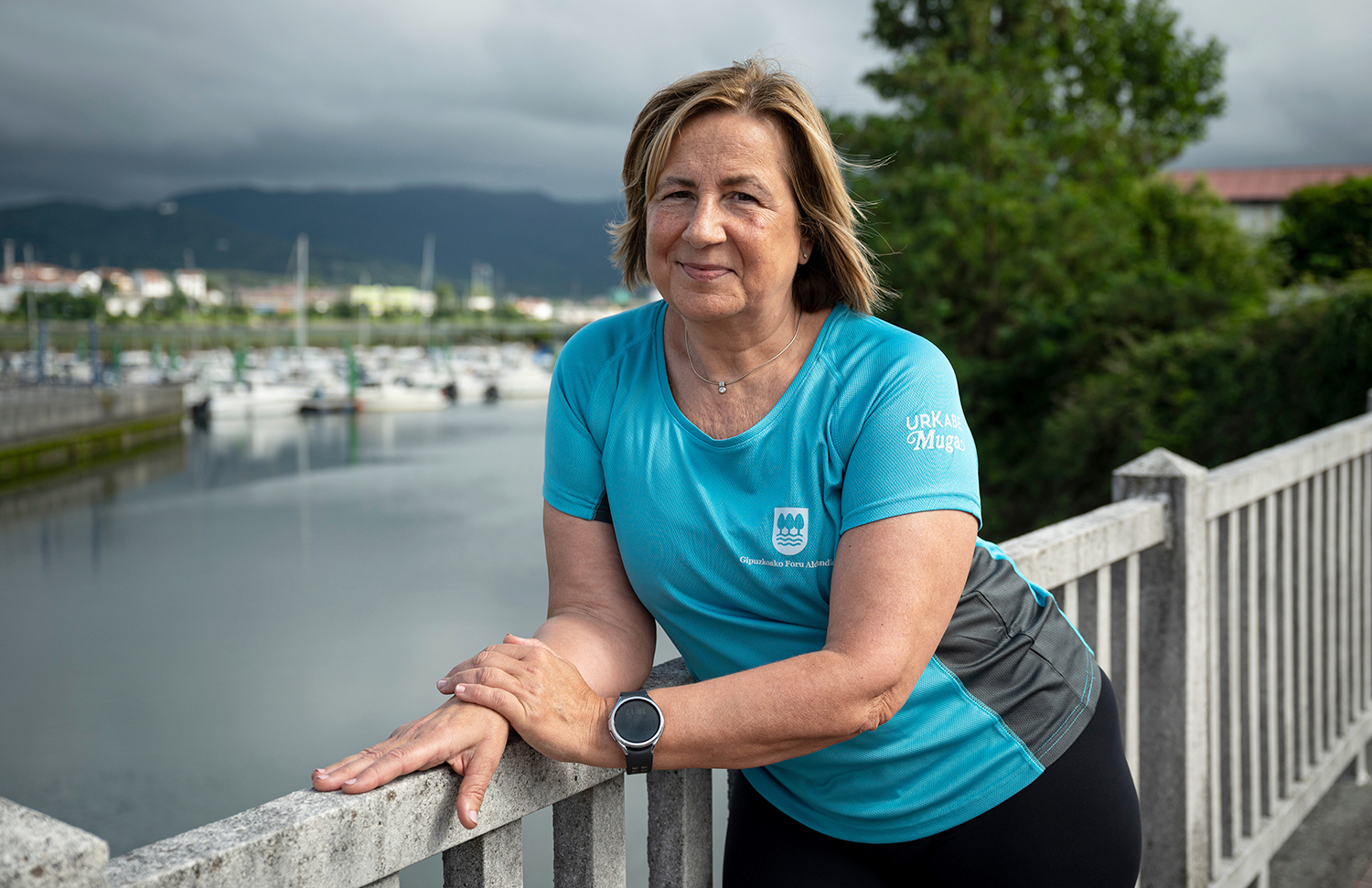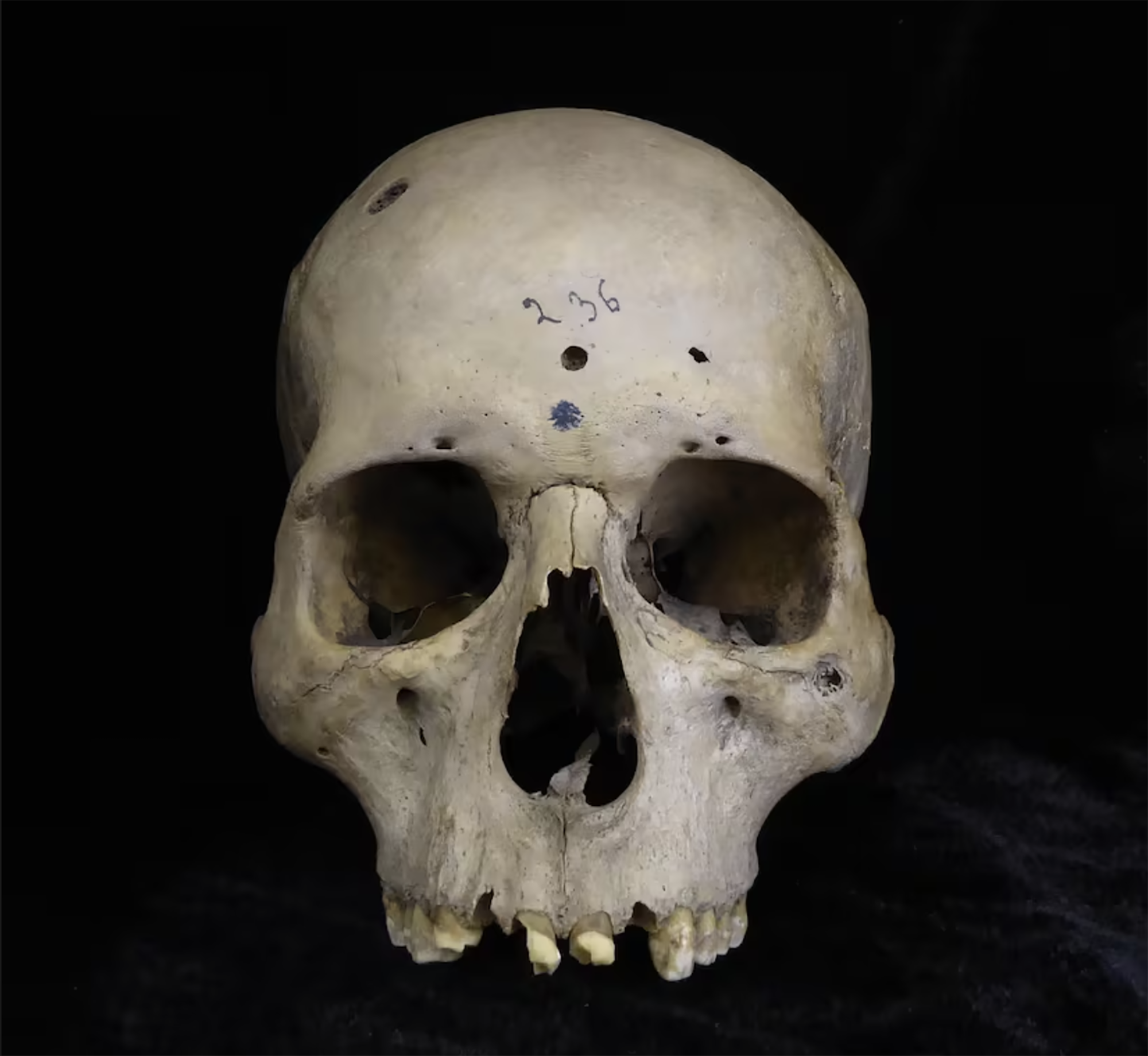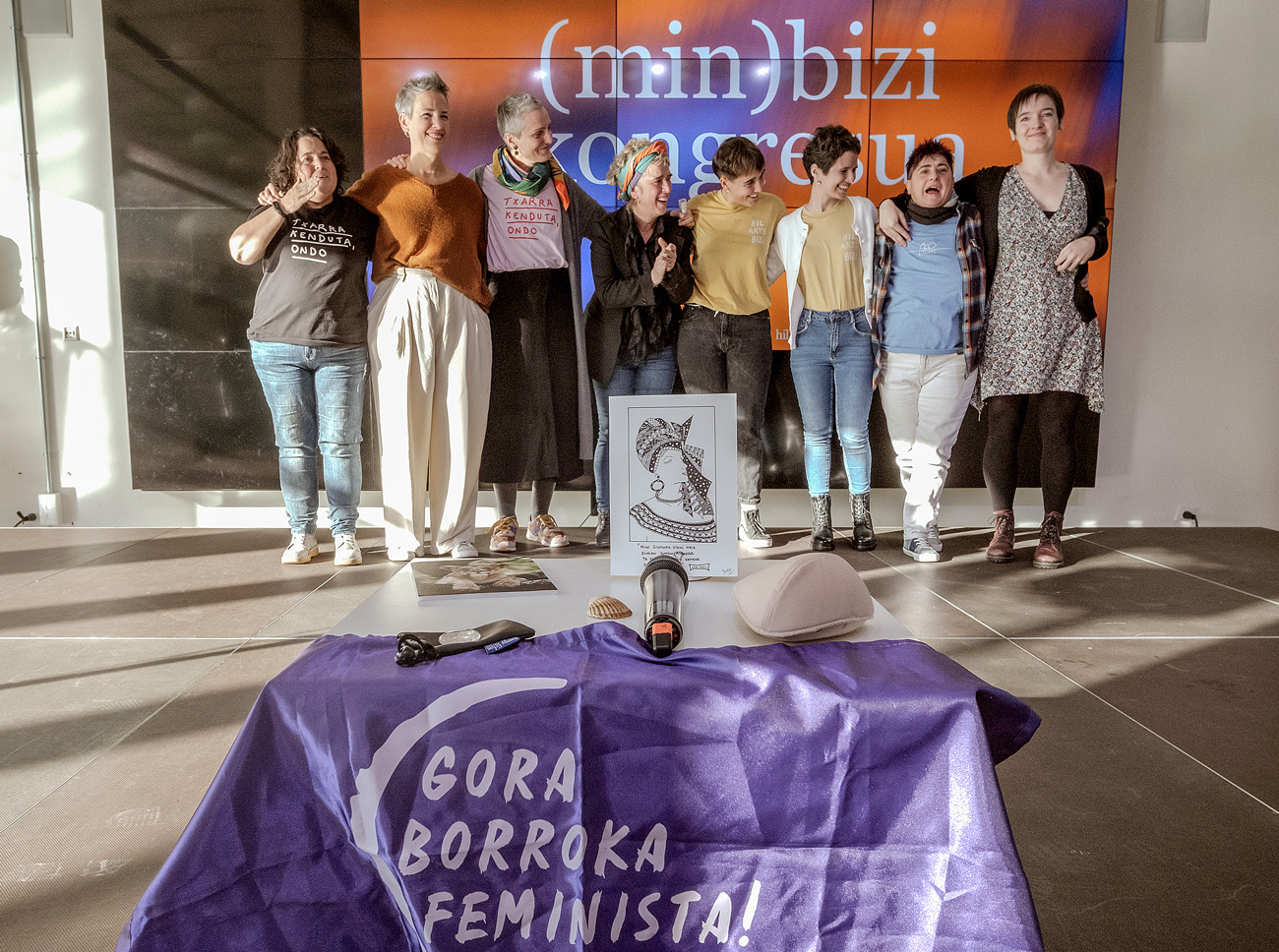Recommanding for life
- Canadian women who have overcome breast cancer have found the perfect antidote to the stresses left by the Chancellor: to create rowing teams and compete in the dredging races.
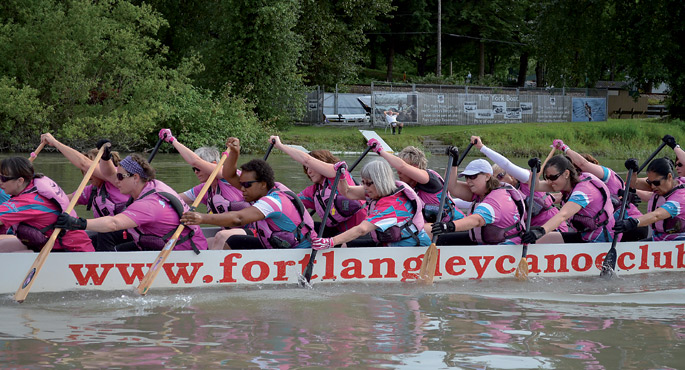
A car moved to Trans-Canada Highway. Two women with colorful sportswear inside: Bev Dagg and María Hindmarch. For twice a week training, they do an hour between Vancouver and Fort Langley. After training, of course, another hour back home. They've both gone through cancer, and if you add up, they're 147 years old among them. 73 and 74 years.
Along the way, we've asked them about their illness, and as everyone has told them about their experience, we've come to realize some things that they were saying were new to each other as well. They have been sharing training, regatta and car travel for five years, and yet so far there are no known details of the other’s cruise route. “In fact, we don’t talk about the disease, ha, ha,” Dagge explained. And we've realized that the success of Abreast in a boat has nothing to do with the usual forms of therapy in support groups. “When we come together we don’t talk about breast cancer, we talk about the next race, about jokes, about our little joys and everyday concerns... The issue can come out, but very occasionally.” The Palists row face to face in the dragons and look at life in the same way, “because we overcome the disease.”
The Langley group is a cocktail of origin, ideology and age. The youngest is 33 years old and there are four members over 70. However, they join the obligation to enter Abreast: they have suffered breast cancer. Some a long time ago, others recently. For example, a woman about 50 years old who in October undergoes a double mastectomy and is still taking medication.
Electricity in water
The Fraser River always comes fertile, but in the spring, in full preparation, the stream pulls above the first. Gallina Bonner, the trainer who took us on the boat to see the working session, explains that this is the secret of her season. “We are eight Abreast teams in Vancouver. We share philosophy, objectives and efforts, but when we enter the water… we all want to win! And we are the first in six out of seven. This is because we train in the stream.”
Three things have surprised us since training: first, the intensity. When all the equipment has started in full effort, sweaty, we have been given the same electricity as professional rowing. Secondly, training. Rigorous chain of orders launched by the coach. Video recording of the session in order to adjust the technique of the palists. Thirdly, a sweet cut. In the equator of 90 minutes, make a joyful gesture of five minutes to eat caramels.
... singing to want to live
It's been a race at False Creek. Groups have sung before the launch. Some are songs of worship, some pure fun: “One boob, two boobs, no boobs at all! We don't care, we're having a ball! And what? To us five, isn't it a world? ).
The visas have been serialized towards the passage towards the shorts; when entering the boats there are no jokes. The dragon regatta has the usual tension of sports competition. But they also have a deeper emotional counterpoint. After the sport test, the winners, instead of greeting by raising their blades, make a floral offering. All the boats come together in the water and remind the ‘sisters’ that cancer kicks off the tostas, singing Garth Brooks’ The River. At the end, they throw roses into the water.
Then comes the ground party: team costume contest. For them it's worth as much as competing. Bonner also explains his secret: “After overcoming the evil that has put you in danger of life, every day you want to live as if it were the last. Because you don't know how much you're going to be left."
In today's race there has been a great surprise and Delta girls have managed to put the branka in the finish line a few hundredths before Langley's. Adriana Bartoli is very pleased that “for once” the gold medal comes home. He's Argentinean like Silvana Goldemberg. At the same time, they came to Canada for work with their family. At the same time he attacked the chancerers and met in Abreast.
Adriana, you have cancer
Adriana Bartoli didn't think she could have cancer. “When I was called to get a mammogram and come back the next day, I thought the photo was wrong. The doctor knew that my husband and I would go on vacation and when I left the consultation he told me: ‘Go on this journey and enjoy them to the fullest.’ And because of the way he said it, I noticed it. When I got back from the trip, he said: ‘Adriana, you have cancer.’ A phrase that nobody wants to hear. I felt the earth fading under my feet and fading. Then there are so many tests that make you lose control of your life. I was alienated for a month and a half.”
He passed the initial shock state and began with treatment: “Chemistry, radiation and antibodies; I needed everything.” He learned of Abreast at 12 months of treatment and in the absence of another six months for its completion: “I saw a leaflet in the surgeon’s office. I had no idea what a dragon was, but I signed up and that helped me regain control of my life.” Mr Silvana Goldemberg: “The diagnosis scares, paralyzes; the remar accelerates, gives vitality and confidence.” And remember your first day. “Hugs, sweetness, humor... They make you feel accepted from the start and take your opinion into account. It creates a link and you already know that from now on, even in the event of an accident in your personal life, you will be able to help. That gives you peace of mind.”
Spreading good humor
Beginners perceive the psychological benefit rather than the physical one. “The first time I was very nervous, but as I got the first hits, my nerves went away. For months, black thoughts turned in your head night and day. But on the boat you don't have time to think about anything other than paddle. And that’s liberating,” says Goldemberg.
Bartoli was removed from the armpit, and thanks to the rowing he has managed to restore the mobility of his arms. “Look how the point of view has changed. In the 1960s, women operated on the chest were prevented from doing crochet work! Everything was don’t, total prohibition. And today there's something like this, a friend who was treated in California was told to be very careful when he cleaned the house." "I wish they had told me too! "," Goldemberg spelled out, making laughter explode.
Both have coincided in the need to be with the companions of the boat, supported by their partner and family, and in the effort to expand Abreast in Argentina. That is also what the international regimes are about. In fact, awareness is one of the fundamental objectives for teaching that you can overcome the limitations of breast cancer and fully enjoy life.
Dragoi-ontziak Txinako hegoaldean du jatorria. Perla ibaiaren deltako ontzioletan antzinatik eraiki dituzte txalupa horiek. Kantauriko traineruak baino pare bat metro luzeagoak dira (14 metro), eta dragoi-ontzi estropaden historia ere gurea baino pittar bat luzeagoa da: 2.000 urte pasako tradizioa dute. 20 arraunlari hamarreko bi lerrotan. Txopan lemazaina doa, eta brankan, danbor-jotzailea. Berak markatzen du paladen erritmoa.
1996ko otsaileko goiz batez bularreko minbizia pasatako 24 emakume batu ziren Columbia Britainiarreko unibertsitateko gela batean. Don Mckenzie medikuak konbentzitu zituen bere proiektuan parte hartzeko: arraun taldea sortu eta ekainean Vancouverren ospatuko zen estropadan izena ematea proposatu zien. Medikuntza tradizionalaren haize-kontra zebilen zientzialariarentzat akuri lana egitea onartu zuten emakume haiek. Garai hartan, linfedema prebenitzeko modurik eraginkorrena zelakoan, ariketa fisikoa galarazten zieten minbizia izandako emakumeei. Linfedemak gorputz atalak puztu eta minberatzen ditu, mugimendu ahalmena murriztuz, eta noiznahi agertu daiteke bular ebakuntzen ostean. McKenziek uste zuen goialdeko gorputz adarren ariketa fisiko errepikakorrak linfedema arriskua txikitu egin zezakeela, eta dragoi-ontzien bidez nahi zuen frogatu bere teoria. Ontziratu aurretik taldea bi hilabetez aritu zen gimnasioan giharrak indartu eta beldurrak uxatzeko ahaleginean. Ekainean, estropadan parte hartu eta bukatzea lortu zuten. Ikerketak frogatu zuen McKenzie ondo ari zela: ez zen linfedema kasurik izan eta palistak askoz indartsuago zeuden. Eta alaiago.
Ordutik ikerketa gehiagok berretsi dute: bularreko minbiziak berriz erasateko arriskua %45 txikitzen du dragoi-ontziko ariketa fisikoak. Medikuntza arloko emaitzek adina arreta behar du alderdi sozialekoak. Mundu osora hedatu dira bularreko minbizia pasatakoen dragoi-ontziak. Egun 160 talde inguru daude, elastiko arrosez jantzitako milaka palista. Kanadako osasun etxe guztietan daude informazio orriak: “Dragoi-ontzietako arraunak emakumeen ongizatea eta tratamendu osteko bizi-kalitatea hobetzen du”. McKenziek berak modu sinpleagoan eman ohi zien antzeko mezua taldera sartu berriei: “Txalupa moilatik abiatu ahala kantzerretik urrunduko zarete”.
Two years ago, the Catalan archaeologist Edgard Camarós, two human skulls and Cancer? He found a motif card inside a cardboard box at Cambridge University. Skulls were coming from Giga, from Egypt, and he recently published in the journal Frontiers in Medicine, his team has... [+]









